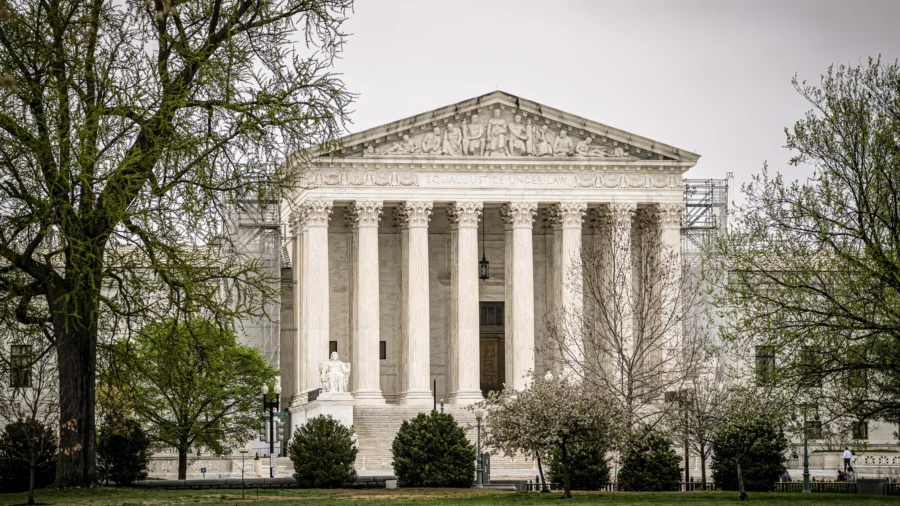The Supreme Court unanimously ruled May 30 that a New York State law that requires banks to pay interest on mortgage escrow accounts is not preempted by the National Bank Act.
Although it did not happen in this case, when federal preemption takes place, this means that a state law that conflicts with federal law is invalid.
The case is Cantero v. Bank of America. Justice Brett Kavanaugh wrote the court’s 9-0 opinion.
The Supreme Court determined that the U.S. Court of Appeals for the 2nd Circuit failed to conduct a proper analysis of whether New York’s interest-on-escrow law was consistent with the Dodd-Frank financial reform law and existing precedent.
Bank of America was challenging New York’s escrow interest law. The state statute provides that banks must pay at least 2 percent interest on accounts that contain the extra money that borrowers pay for insurance and property taxes.
Thirteen states have similar pro-borrower laws.
Bank of America argued that such state laws are preempted by federal law.
The Civil War-era National Bank Act establishes a system of federally chartered national banks whose banking powers come exclusively from federal law and are extensively regulated by federal banking authorities, primarily the Office of the Comptroller of the Currency (OCC).
Because national banks are created by the federal government, states “can exercise no control” over them, “nor in any wise affect their operation, except in so far as Congress may see proper to permit,” the bank’s brief stated, citing Supreme Court precedent.
A national bank’s federal banking powers are thus “not normally limited by, but rather ordinarily preempt … contrary state law,” the brief states, also citing Supreme Court precedent.
In the case at hand, the 2nd Circuit ruled that the National Bank Act preempted the New York statute.
That ruling was at loggerheads with a 2018 U.S. Court of Appeals for the 9th Circuit decision in Lusnak v. Bank of America, which held that neither the National Bank Act nor OCC regulations preempt a similar California law.
This is a developing story. It will be updated.
From The Epoch Times

